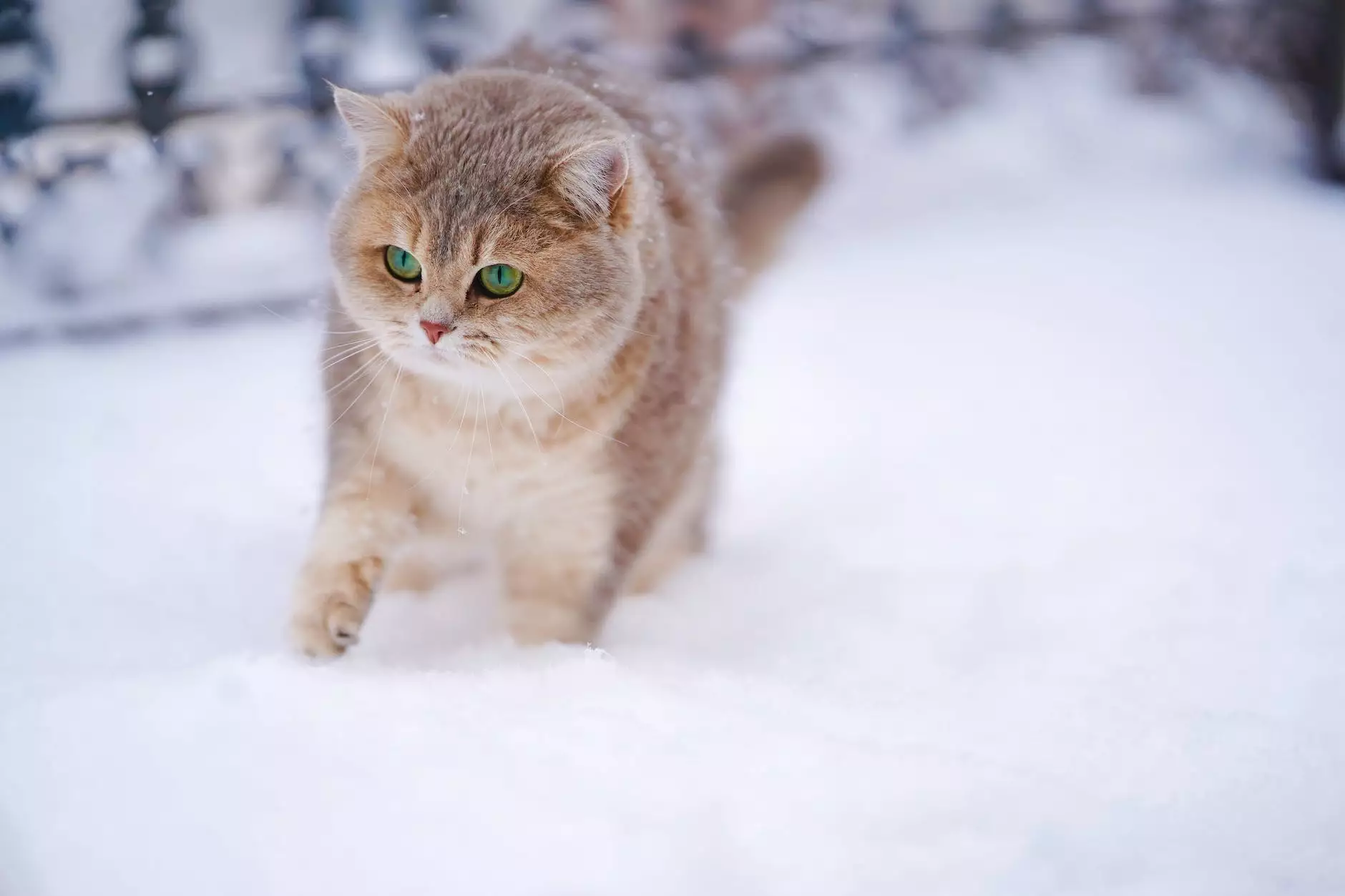Cats and Poisons | Veterinarian in Winters, CA
Veterinarians
Welcome to Lasers4Horses, your trusted veterinarian in Winters, CA, specializing in the health and well-being of pets and animals, specifically horses. In this article, we aim to provide you with comprehensive information about cats and poisons. Our goal is to educate and raise awareness about common toxins, symptoms, prevention, and treatments to ensure the safety of your feline companions.
Common Poisons for Cats
Cats are curious creatures known for their exploratory nature. Unfortunately, their inquisitiveness can lead them into potentially dangerous situations. It is important to be aware of common household items and substances that can be toxic to cats:
- Household Cleaners: Many household cleaners contain chemicals that can harm cats if ingested or exposed to their skin or eyes.
- Human Medications: Certain medications like painkillers, antidepressants, and cold medicines can have serious consequences if consumed by cats.
- Plants: Some common houseplants and outdoor plants are toxic to cats. Examples include lilies, sago palms, tulips, and azaleas.
- Chemicals: Cats are sensitive to various chemicals, including antifreeze, which is highly toxic and can be lethal in small amounts.
- Foods: Certain human foods like chocolate, caffeine, onions, garlic, and grapes can be poisonous to cats.
Recognizing Poisoning Symptoms
Identifying poisoning symptoms in cats is crucial for prompt intervention and treatment. Keep an eye out for the following signs:
- Gastrointestinal Issues: Vomiting, diarrhea, drooling, and loss of appetite are common symptoms of poisoning in cats.
- Respiratory Distress: Difficulty breathing, panting, wheezing, or coughing may indicate poisoning.
- Neurological Abnormalities: Seizures, tremors, staggering, twitching, and excessive salivation are red flags.
- Changes in Urine or Stool: Discoloration, blood in urine, or unusual odor can point to toxicity.
- Increased Thirst and Urination: Poisonings may cause increased frequency of urination and excessive thirst.
Preventing Cats from Poisons
Prevention is key to ensuring your cat's safety. Here are some tips to reduce the risk of poisoning:
- Secure Toxic Substances: Store household cleaners, medications, and chemicals in secure cabinets out of your cat's reach.
- Research Plants: Verify if the plants in your home or garden are safe for cats. Remove any toxic plants from their environment.
- Proper Disposal: Safely dispose of toxic substances, including expired medications, by following local disposal guidelines.
- Healthy Diet: Avoid feeding your cat human foods that are toxic to them. Stick to a balanced and species-appropriate diet.
- Supervision and Enrichment: Keep a watchful eye on your cat, especially when exposed to unfamiliar environments or outdoor areas.
Treating Cats Poisoned
If you suspect your cat has been poisoned, it is crucial to act quickly and seek professional veterinary care. The appropriate treatment will depend on the type of toxin involved and the severity of the poisoning. Do not attempt home remedies or induce vomiting without veterinarian guidance, as it can worsen the situation. Contact Lasers4Horses immediately or your nearest emergency veterinary clinic for assistance.
At Lasers4Horses, we understand the importance of your feline companion's health. Our experienced veterinarians and staff are equipped to handle various emergencies, including poisonings. Count on us to provide prompt and compassionate care to ensure the best possible outcome.
Contact Lasers4Horses
If you have any questions, concerns, or require immediate assistance regarding cat poisonings or any other veterinary matters, please don't hesitate to reach out to our team at Lasers4Horses. We are dedicated to the well-being of your pets and animals, and we are here to help.
Lasers4Horses - Providing exceptional veterinary care for horses and valuable information for cat owners in Winters, CA.



